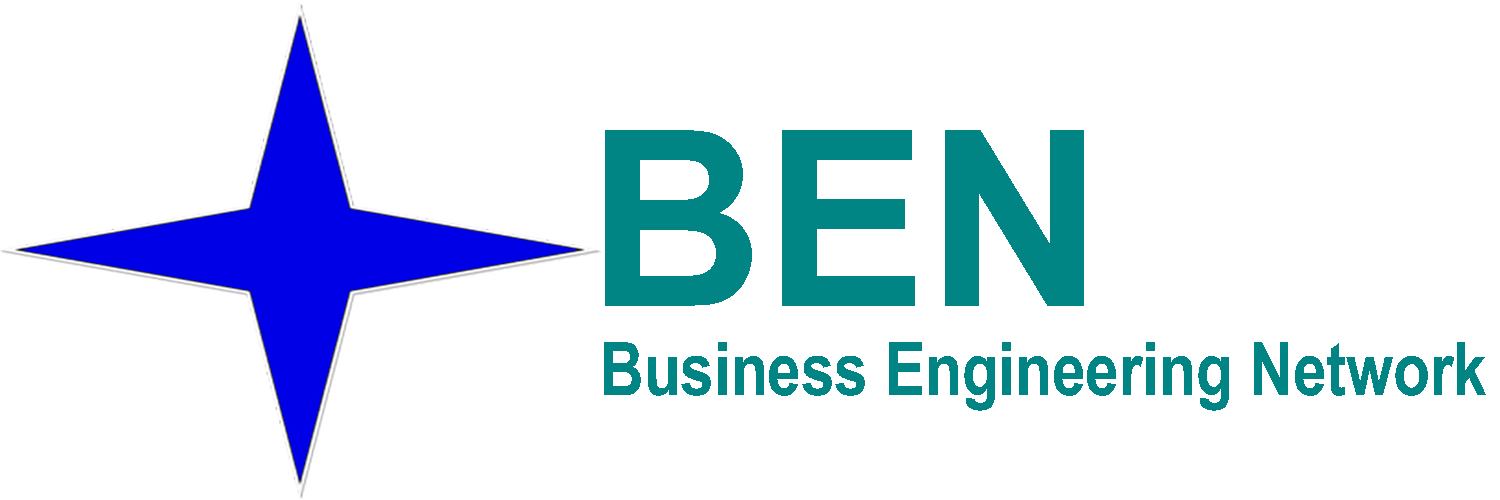While some 46 million tonnes of plastic are handled every year in Europe, only 5% of the consumer’s plastic is reprocessed. The way to closing the loop for plastics in Europe is quite long and full of opportunities for well-prepared operators.
Post-industrial plastic waste
While the demand for recycled pellets is increasing continuously, it is becoming more and more difficult to obtain clean post-industrial plastic waste. This happens because as soon as plastics converters begin to optimise their waste management processes they want to use production waste themselves instead of disposing of it.
If the plastic waste cannot be used as feedstock in the production process due to regulations, converters begin to make by-products and buy in additional material in the market.
The recycling loop which develops this way is positive, but it makes life hard for recycling companies despite the growing demand for recycled pellets.
Post-consumer plastic waste
The quality of post-consumer plastic waste is a major issue, but the future for recycling companies lays in developing sourcing and recycling solutions in this market segment.
The lack of good quality scrap is in general a serious problem. There is no other solution than developing sophisticated technologies which can process challenging plastic waste to a grade which would be otherwise possible only with clean input material.
Bridging the gap
Since there is a gap between demand and offer of recycled plastic, many converters and end-users are trying to integrate their activities upstream, thus entering the recycling market. On the other hand, for similar reasons, sorting and recycling companies are doing their best to integrate downstream in order to acquire competence and know-how that are necessary to sell the recyclates for a variety of customers and applications.
The plastic recycling market is populated by a large number of regional players (recycling companies, converters, end-users, etc.) that compete for purchasing high quality plastic scrap.
Such market fragmentation is due to the fact that:
- the collection of plastic scrap is made by relatively small collection operators
- the value of recycled plastic is low and does not justify long range transport.
Therefore, a plastic recycling operator needs to offer its recyclates to a large number of customers in wider geographical areas, for a variety of demanding applications.
The key problem of recycling is to offer good quality in favour of converters: they work mainly in the automotive, gardening and construction sectors (production of panels, pipes, films, battery casings, plant pots, plant trays and for compounding) throughout Europe.
The challenge is to produce good recycled products consistently.
Every customer has individual requirements in terms of mechanical properties, impact strength, viscosity and density, colour, etc.
Open issues
As stated, it is becoming increasingly difficult to find good, clean-sorted production scraps. For example, many operators produce a multitude of mixed films and which also have considerable amounts of contaminants and foreign materials.
The availability of the high-quality plastic scrap decreases, while the requirements of the converters in terms of the quality of recycled pellets are rising continuously.
Opportunities
There is an increasing gap between the demand and the offer of scrap and of recyclates in the various market segments. The EU Directives 2019/904 and 2018/852 are introducing changes that will dramatically affect the market of plastics and of plastic waste.
This offers a major opportunity for well prepared and informed operators.
Click here to require a free sample of our comprehensive analysis of plastic recycling in Europe (plastic materials, plastic material supply chain and market, plastic packaging, plastic material recycling concepts, plastic material recycling market, regulatory framework, technologies and projects for plastic recycling, project development options, identification of opportunities, operator interviews and more).
